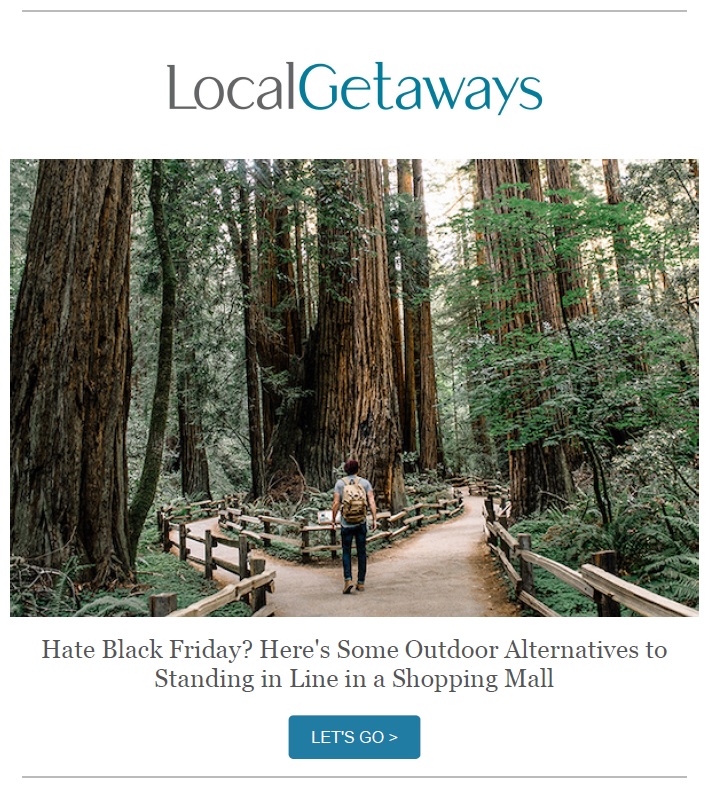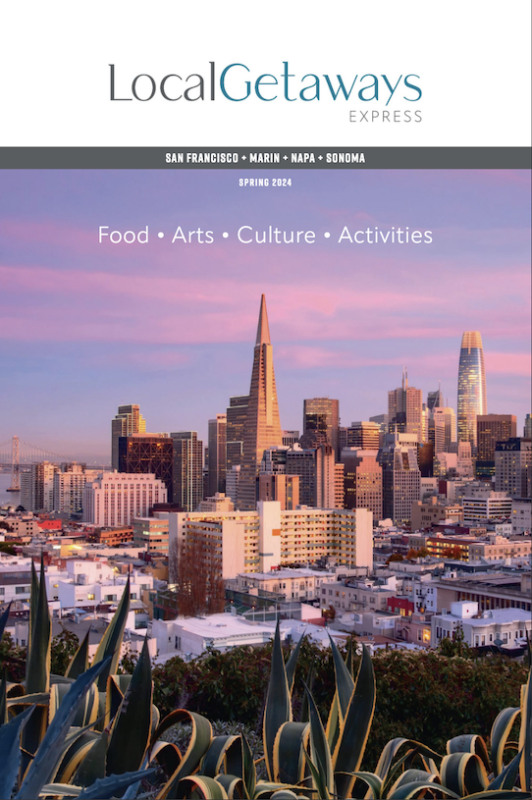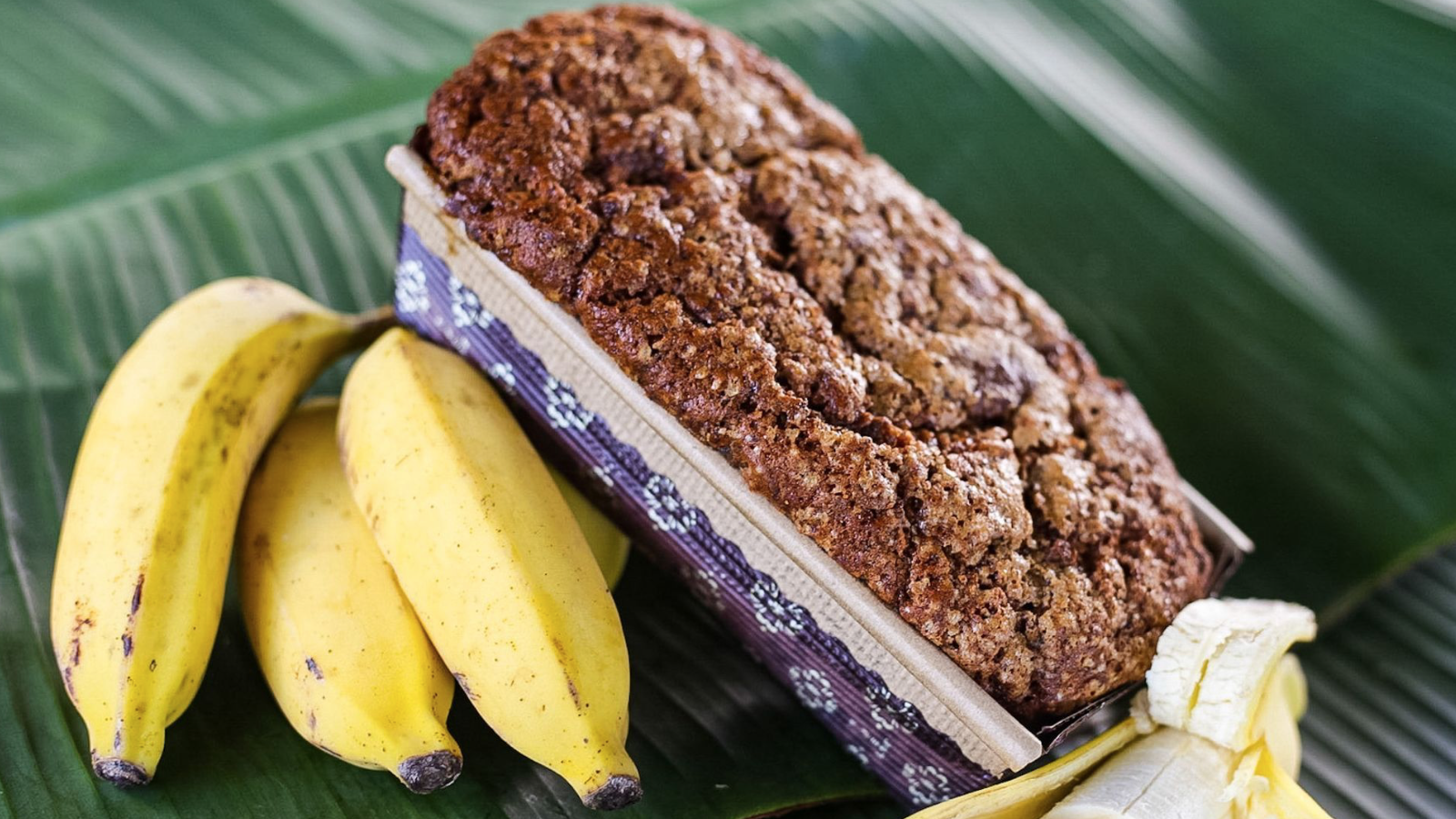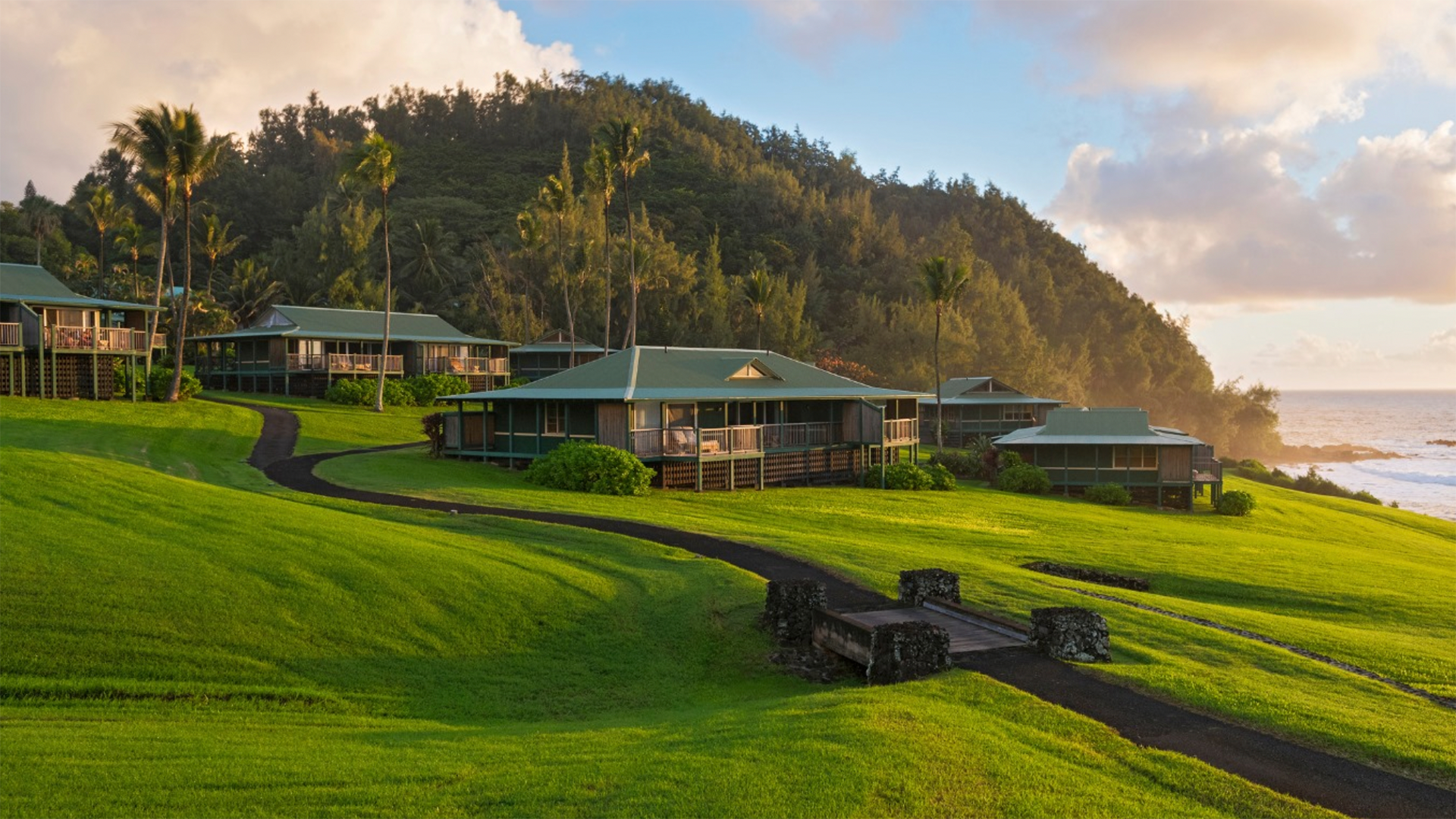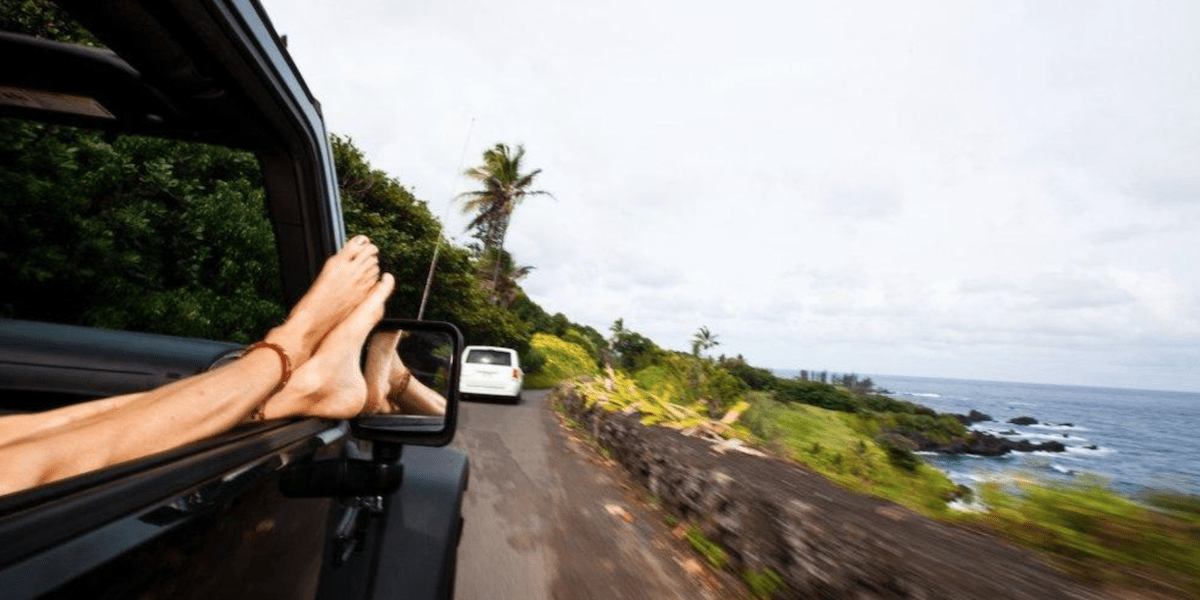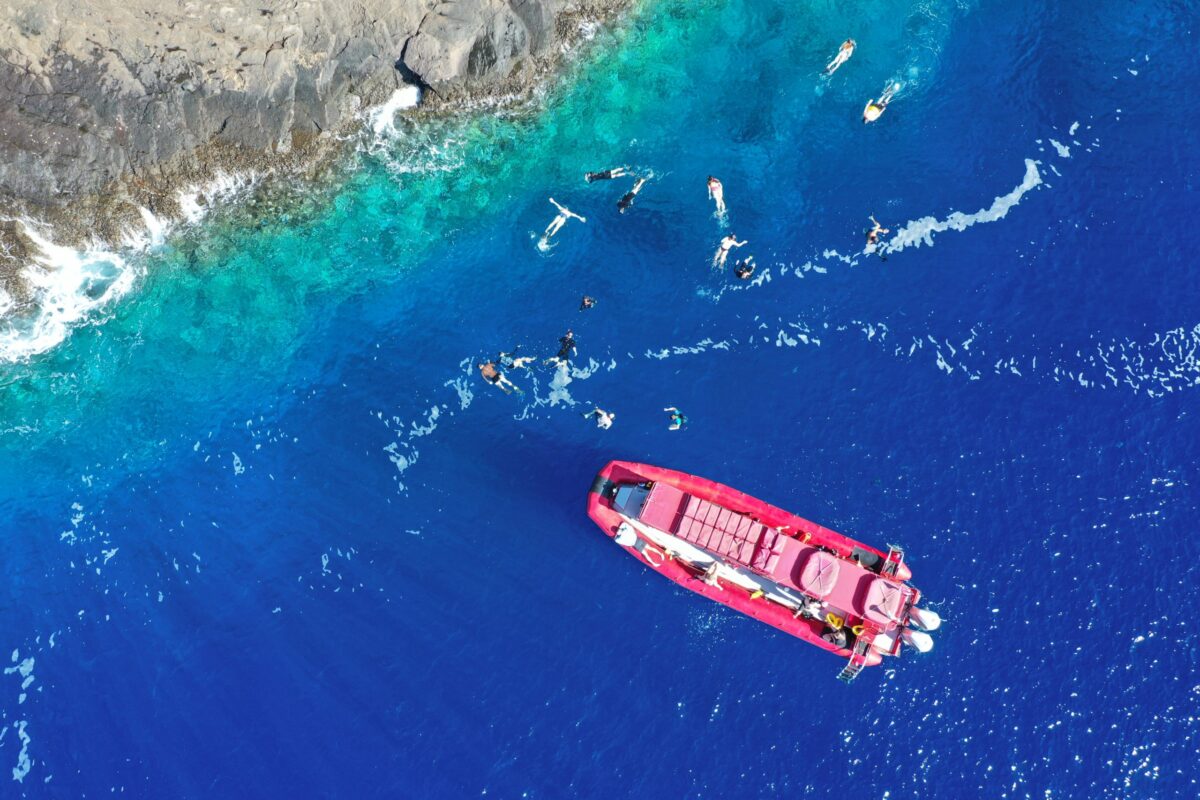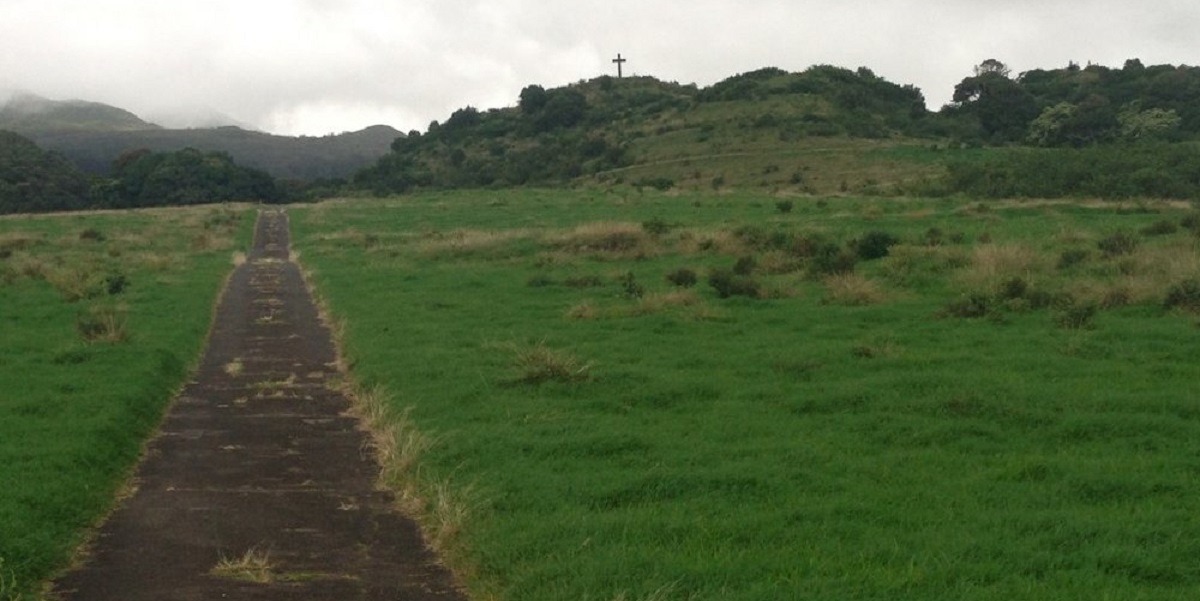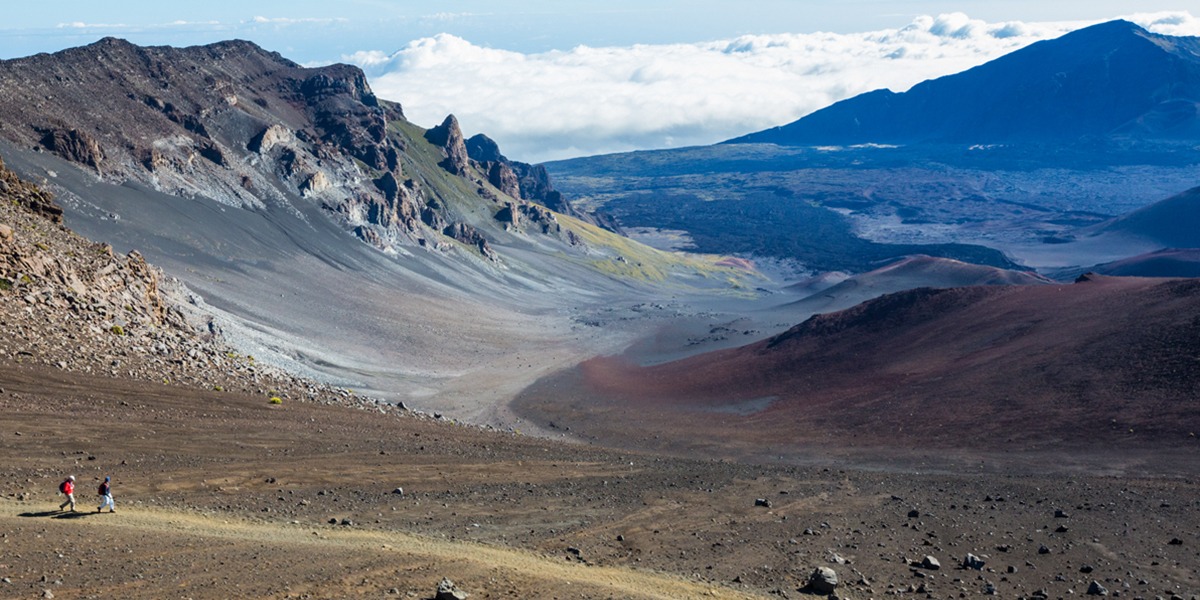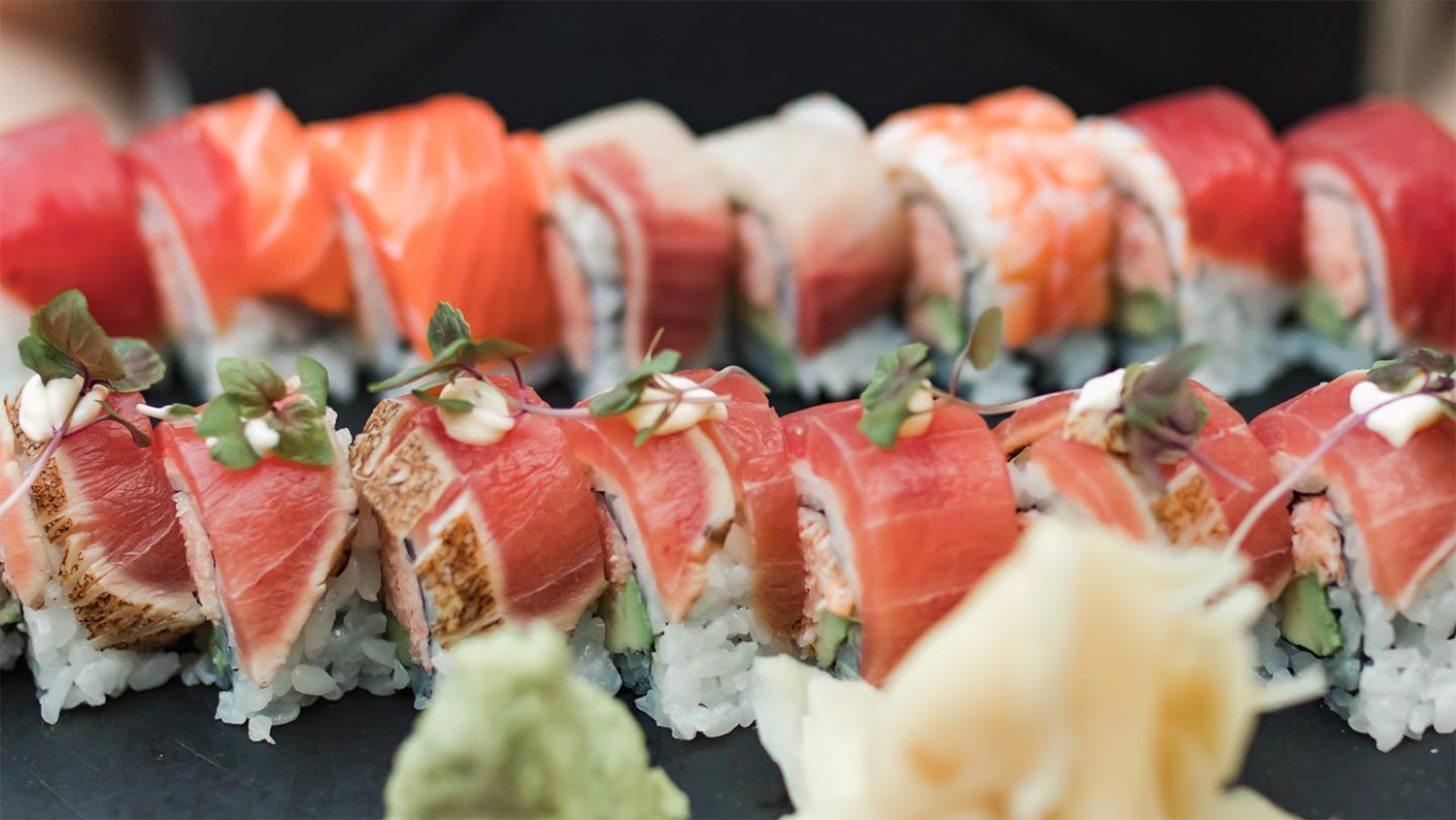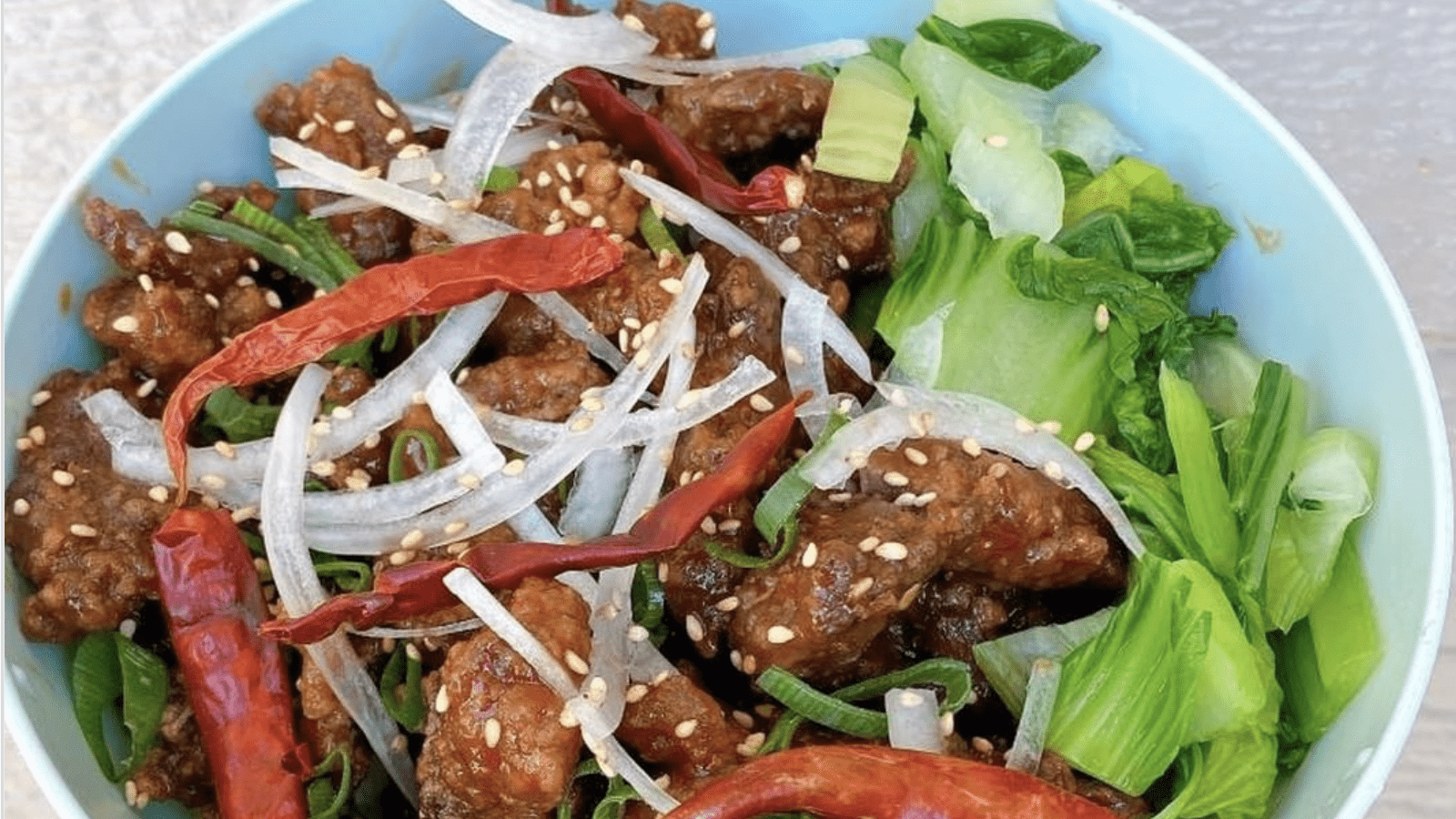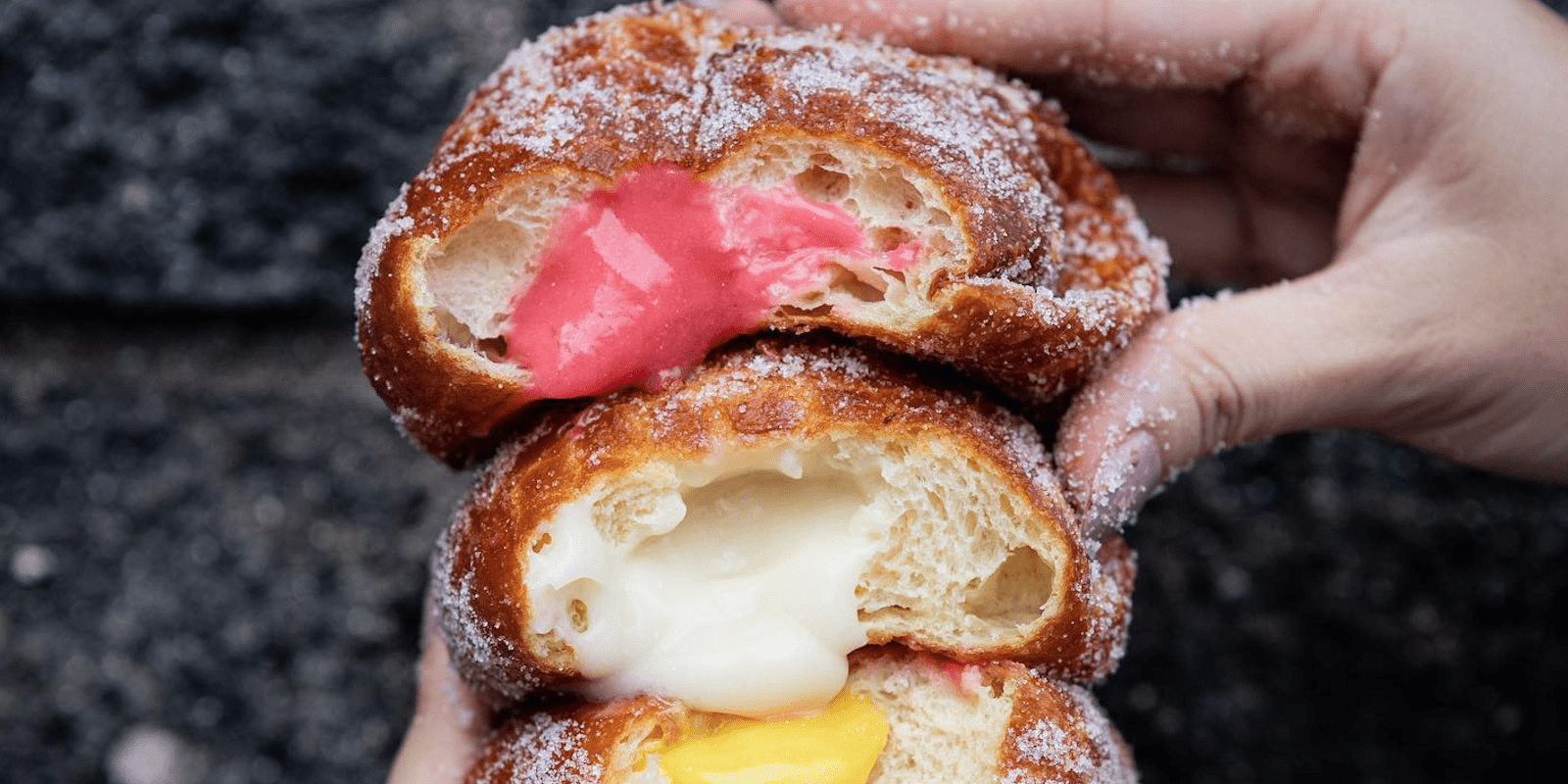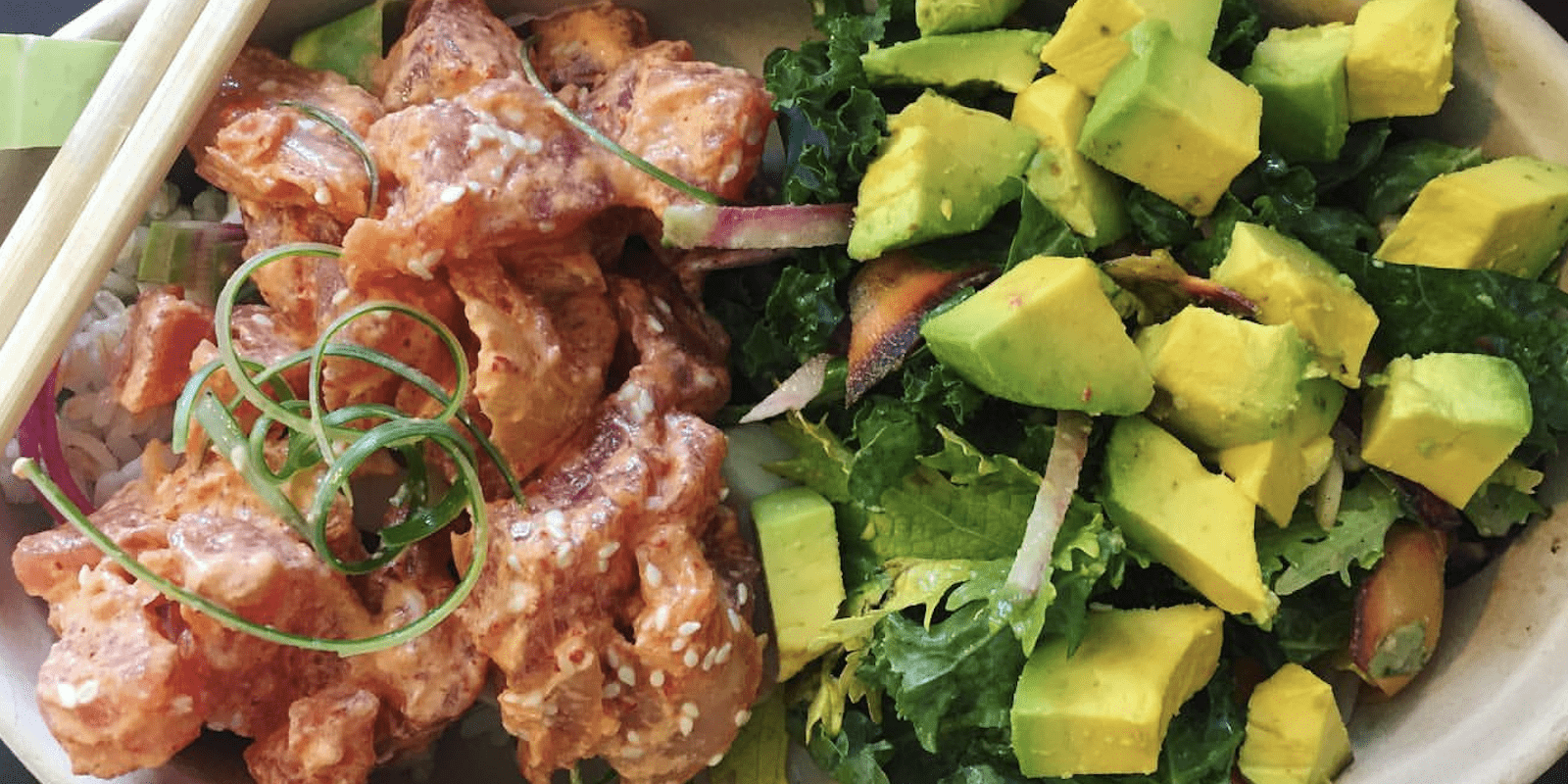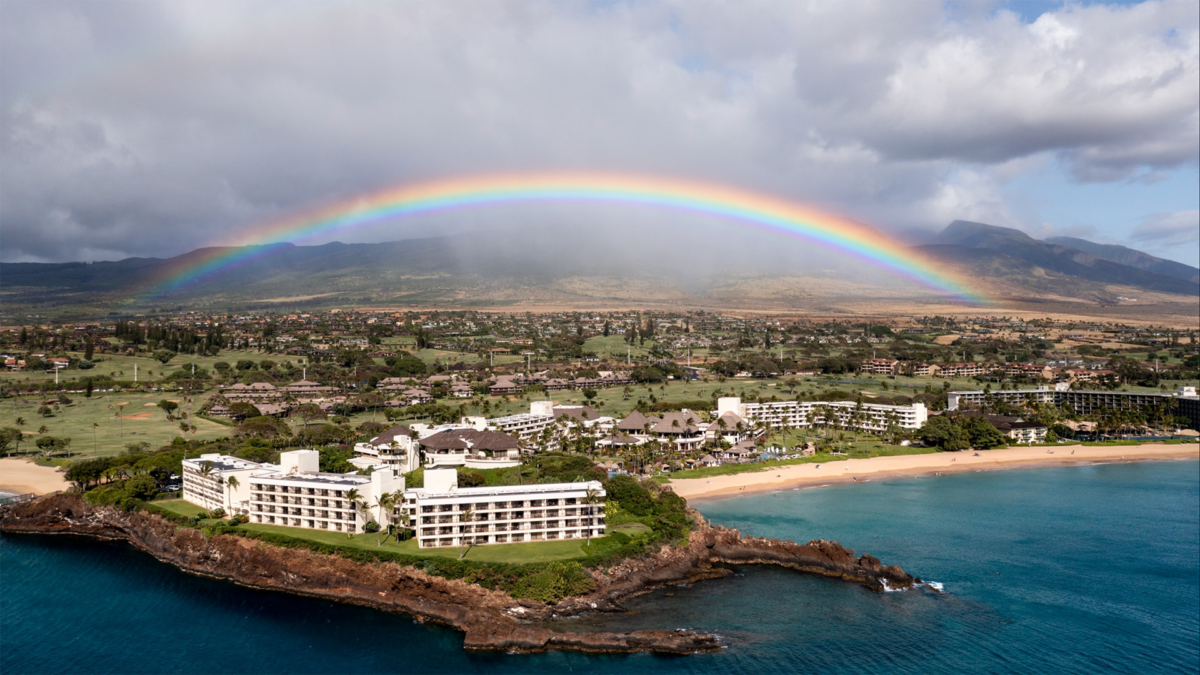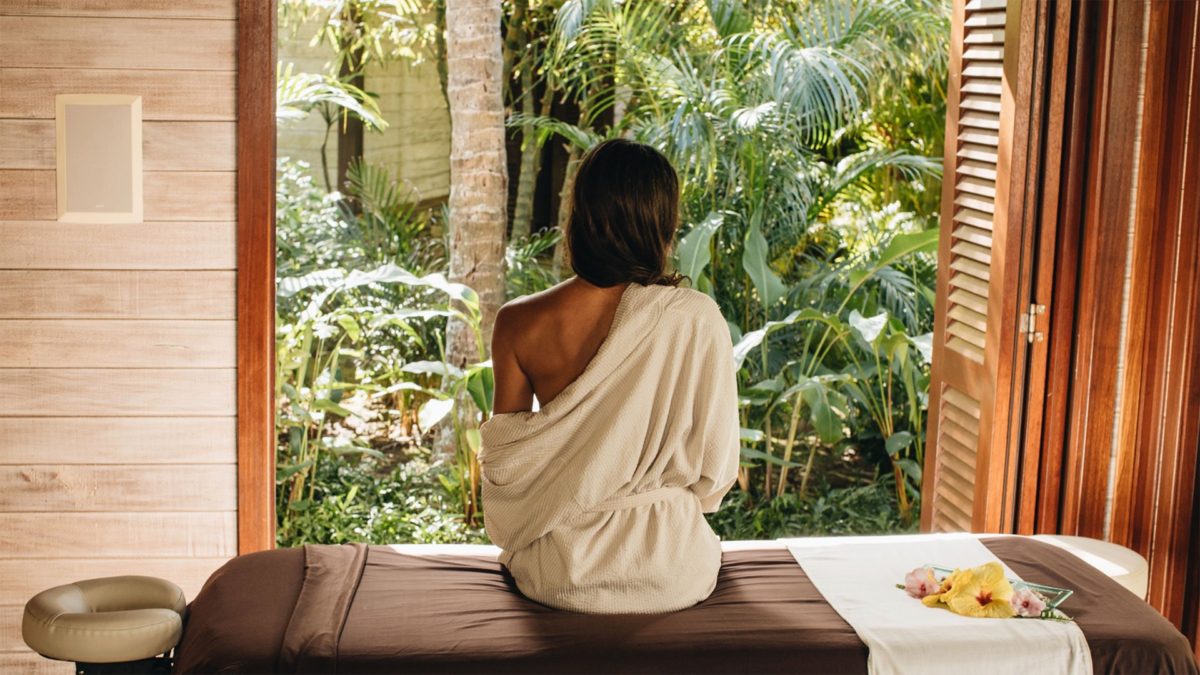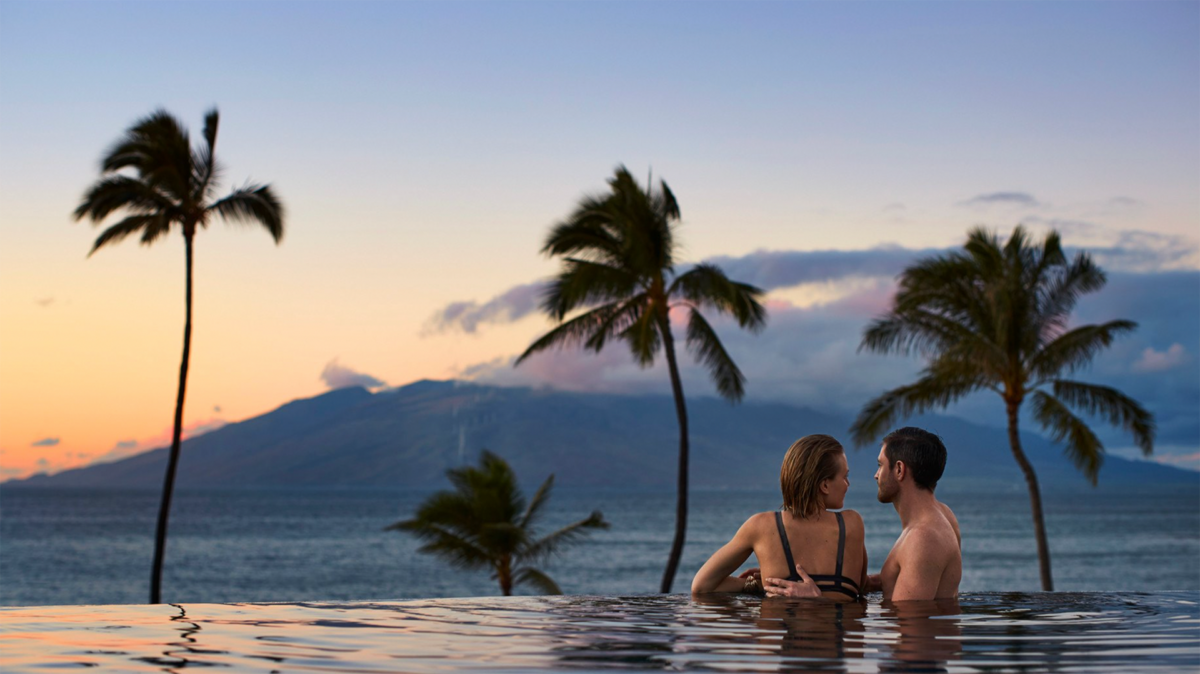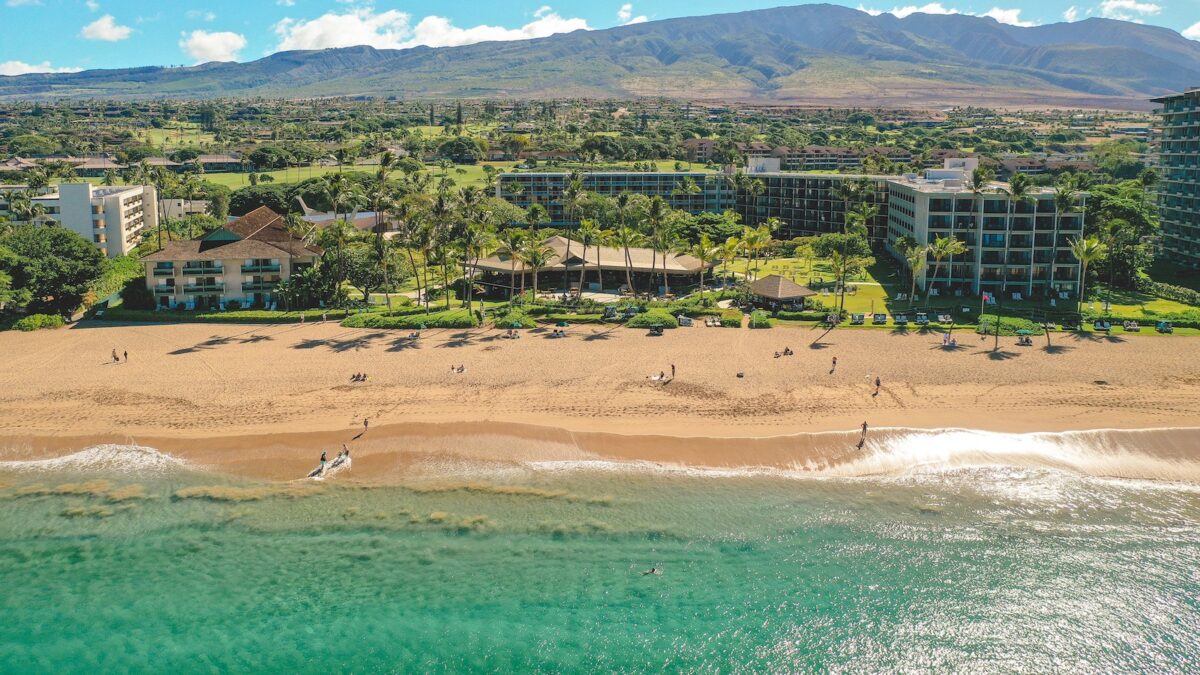
Explore Maui's North and East Side
Travel Maui's North and East Side Like a Local
Top restaurants, hotels, and activities featuring the best of Hana, Paia, and Haiku, curated by local experts
- Hana means “work or profession.”
- Paia means “noisy.”
- Haiku means “sharp break” or “talking abruptly.”
- Charles Lindberg, the first pilot to fly across the Atlantic Ocean, is buried at Palapala Hoomau Congregational Church in Hana.
- Peahi, aka “Jaws,” is one of the most famous big waves in the world, requiring surfers to be towed in by jet ski.
- Hookipa Beach is a world-renowned windsurfing spot.
First off, be sure to say hah-nah and not “Hannah” when referring to heavenly Hana, as it’s known. Paia (pie-ee-ah) and Haiku (hah-ee-koo, but commonly called high-koo) share the intimate country feel of Maui’s East Side. Visit boutique shops, galleries, and delicious restaurants like the popular Paia Fish Market in the rustic, bohemian town of Paia. Take your lunch to go and sit at Hookipa Beach, the windsurfing capital of the world, to watch kiters and wind surfers glide through the water. The viewpoint for Peahi (pay-ah-hee), the world-famous big wave nicknamed Jaws, lies a short drive down a rugged, 4WD-only road; during big swells in the winter, you can watch from a distance as intrepid surfers charge up 60-foot-plus waves. Take a detour to the quaint town of Haiku and visit the Haiku Marketplace, formerly the Haiku Cannery and now the hub for the local community with restaurants, food trucks, two general stores and a grocery store. Keep adventuring up the mountain to Makawao (mah kah wow), Maui’s cowboy town.
Probably the most famous excursion on the East Side, the Road to Hana is a 52-mile-long windy road that begins near the airport in Kahului and takes you around the east tip of the island through bamboo and tropical forests. Stop for a waterfall hike, visit black-sand beaches, or enjoy banana bread from one of the many stands. Depending on how many stops you make (only in legal spots to park, please), this drive can take anywhere from three hours to an entire day.
The modern history of the East Side towns of Haiku, Paia and Hana reflects the significant role of Maui’s sugar plantations. In 1858, the Haiku Sugar Company was founded and began production at the Haiku Sugar Mill. After years of sugar, Haiku eventually became a site for pineapple plantations. The Haiku Cannery eventually became the Haiku Marketplace, while the Libby, McNeil Pineapple Cannery 2 miles to the west is now the Pauwela Cannery retail center. Paia’s sugar plantation was first built in 1880, and the town rapidly grew, at one point reaching a population of 10,000 people. In the 1980s, Paia became a hot spot for wind- and kitesurfers, with the last sugar produced in Paia was in 1994. Hana holds a special place in earlier Hawaiian history for being the birthplace of Queen Kaahumanu, the powerful widow of King Kamehameha the Great who abolished the traditional kapu belief system after his death. It’s also the site of the largest heiau (stone temple) in Polynesia, Piilani Heiau. Hana’s first sugar mill opened in 1849, but the town remained small and relatively inaccessible until the sinuous Hana Highway was built in 1962. It’s since been widened and improved in a few areas, but still remains an adventure to drive—always better if you follow this code of conduct.

